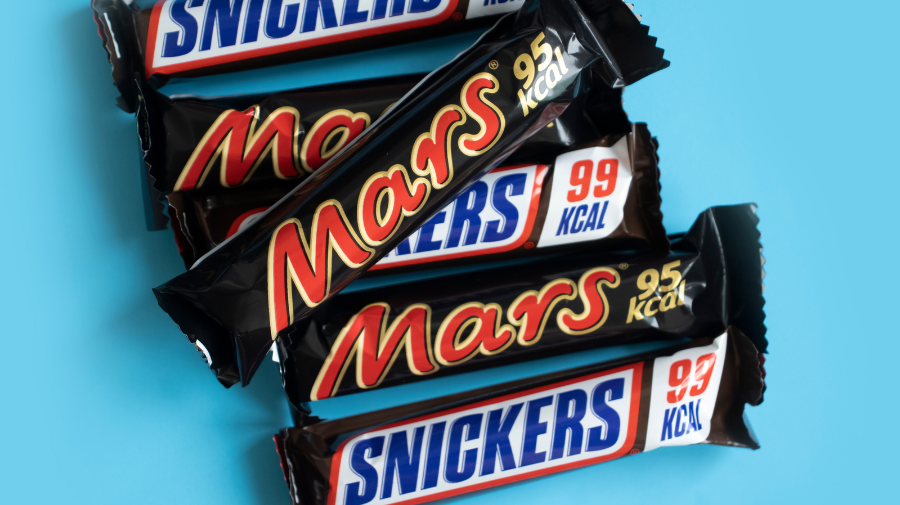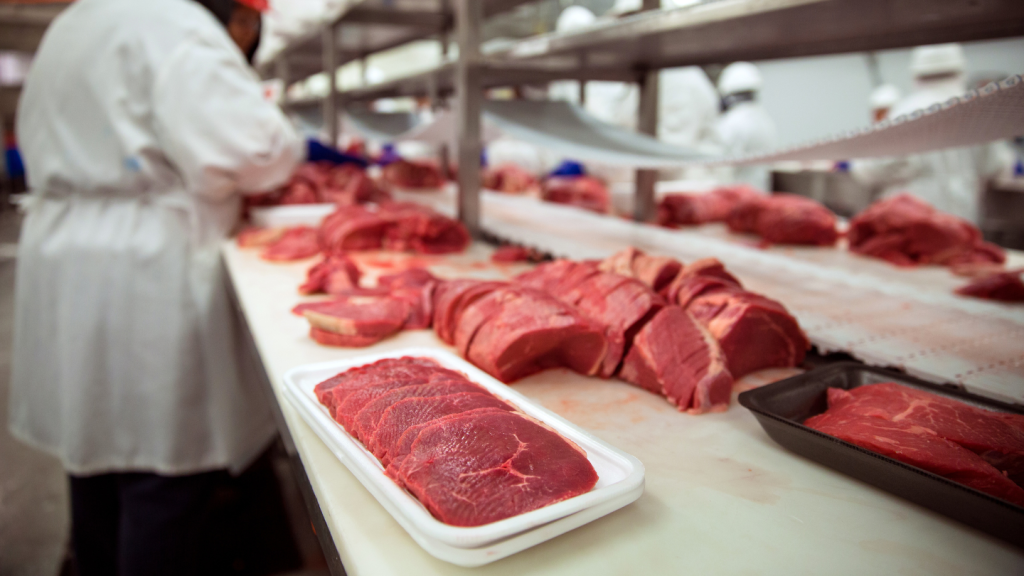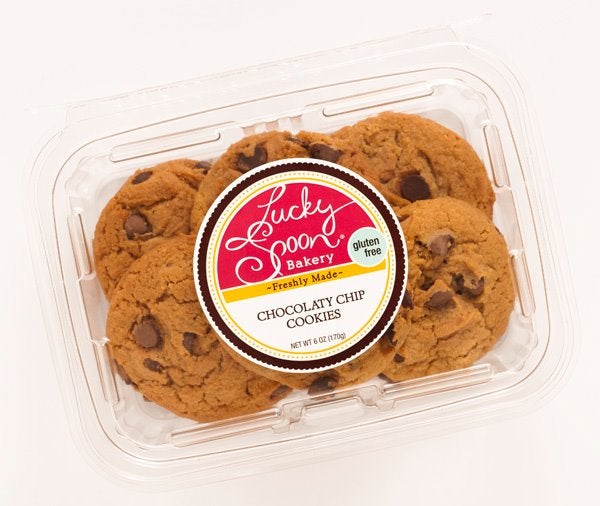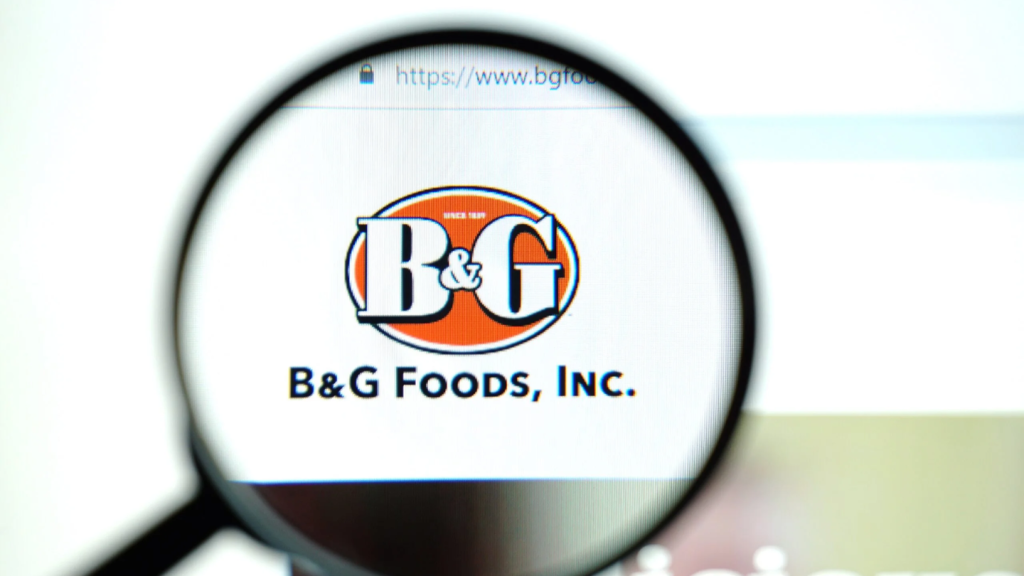The market for low alcohol (<0.5%v/v) and alcohol free (<0.05%v/v) wine products is continuing to grow around the world. Demand is being driven by younger generations making healthier lifestyle choices as well as religious and cultural attitudes towards alcohol consumption. As this market develops, the product space is becoming increasingly competitive, placing pressure on wineries to produce higher quality products.
Flavourtech’s Spinning Cone Column, in combination with their new RAC and ADC technologies, are the best tools for enabling these quality targets to be achieved. They are the next step in the evolution of dealcoholisation technologies and will be pivotal in producing NoLo wines that maintain natural varietal wine aromas.
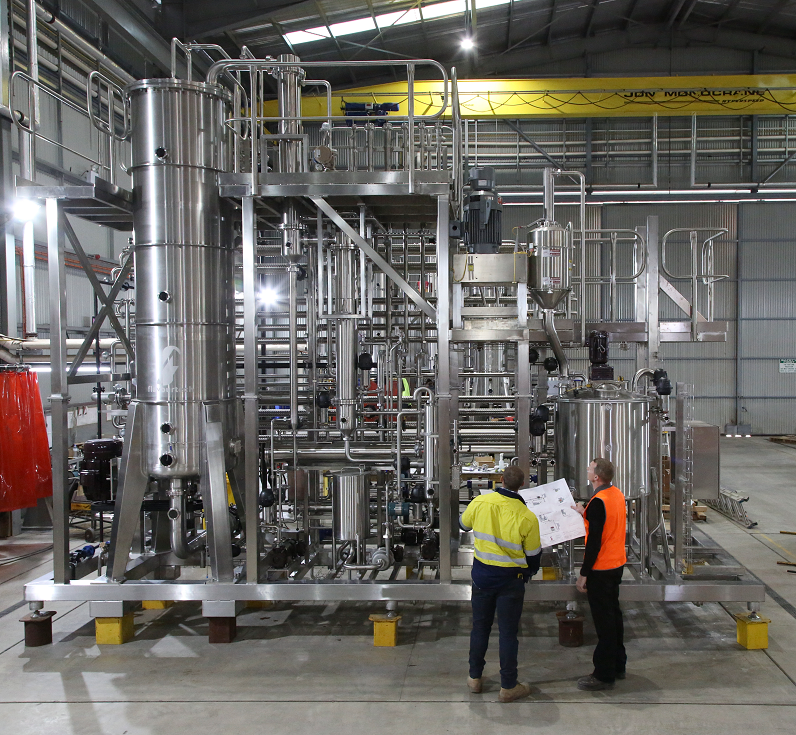
The SCC has long been the most trusted system to safely capture wine aroma as well as removing alcohol. This trust is evident in the sheer number of internet mentions of NoLo wines being produced by the SCC. Now, with Flavourtech’s introduction of their new RAC technology, winemakers possess the ability to return as little or as much of the natural wine aroma back to the dealcoholised wine as they please – all without affecting final alcohol levels.
Another way the SCC and RAC can help winemakers is with stuck fermentation due to high alcohol concentrations. Their gentle, yet effective, alcohol removal process will allow continuation of fermentation while maintaining the integrity of the yeast and wine. Also, due to the SCC’s ability to handle streams containing suspended solids, the wine does not have to be filtered prior to processing. The result is a highly efficient method for resolving stuck fermentation.
Dealcoholisation in the Wine Making Process
There are a number of techniques available for removing alcohol from wine. These techniques include membrane systems, partial vacuum evaporation and vacuum steam distillation, with the latter being widely considered the gentler and more efficient process. However, not all distillation technologies are created equal.
For example, Flavourtech’s SCC deploys vacuum steam distillation to achieve outstanding outcomes in maintaining the wine’s original quality. Operating temperatures of 30-45oC and residence times of less than 30 seconds result in preservation of the wine’s delicate aroma and colour.
Other distillation technologies, such as packed columns, use higher operating temperatures of approximately 65°C and residence times of minutes, rather than seconds. These higher temperatures and longer residence times can result in damage to the wine’s original aroma, production of cooked notes and a lower quality dealcoholised product.
In addition to this, nothing is introduced to the wine during SCC processing. Even the steam used to strip volatile aroma compounds and alcohol is generated from the wine itself. This option is called ‘reinjection’ in which a portion of the wine is gently heated under vacuum to create steam. This meansthat no external water is added during processing.
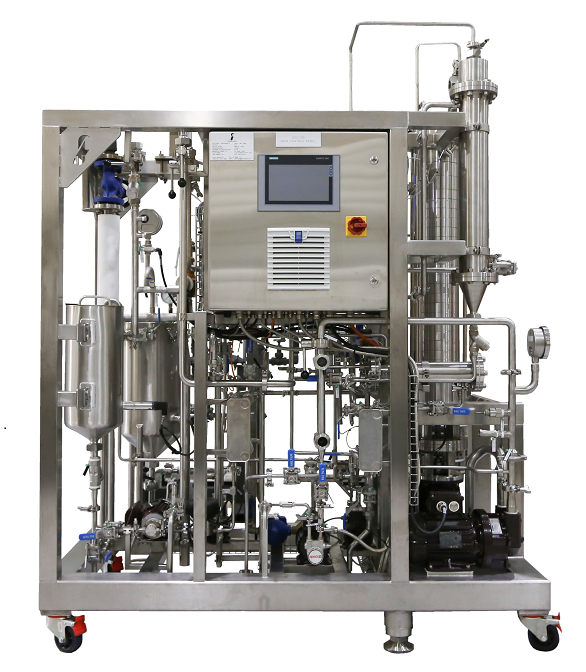
Spinning Cone technology has traditionally been used by larger wineries but, in 2022, a small-scale unit was developed. The new SCC100 has an average throughput of approximately 25L/hr when producing 0.05%v/v wine products making it perfect for smaller wineries wanting to enter the NoLo wine market or larger wineries wanting to perform R&D on reduced alcohol wines.
Flavourtech’s Resin Adsorption Column (RAC)
If the requirement is for a no alcohol ‘wine product’ (<0.05%v/v) then the options include only adding part of the recovered aroma back to the dealcoholised product or using Flavourtech’s new RAC technology. This technology, in conjunction with the SCC, allows the total volume of the original wine’s aroma to be incorporated into the final product while still achieving the <0.05%v/v target.
The RAC works by adsorbing wine aroma compounds to the resin while alcohol and water elutes from the column. These compounds are then desorbed and added back to the dealcoholised wine. The result is a premium no alcohol product without the need to add any external flavours.
Alcohol Concentration with the Alcohol Distillation Column (ADC)
Post dealcoholisation, Flavourtech’s ADC is a vital tool for wineries seeking to concentrate wine alcohol above 90% ABV. Employing precise distillation techniques, the ADC separates alcohol from the wine water, freeing up the mixture to be used in other areas of the wine making process.

The combination of Flavourtech’s SCC, RAC and ADC technologies is enabling winemakers to produce high quality NoLo wine products. The reason? They taste like the original full-strength wine and as winemakers meant them to taste! Preservation of the natural aromas means the only thing missing is the alcohol.
In fact, zero alcohol wines produced using Flavourtech’s technologies have recently been awarded “Overall Judges’ Wine of Show” at the 2023 Mid-Low-No Alcohol Awards in Sydney and won 8 of the 9 gold medals at the 2023 World Alcohol-Free Awards in London – a winning run which attests to their exceptional flavour profiles.
Wineries wishing to investigate the technologies further can visit one of Flavourtech’s demonstration hubs in Australia, the U.S. or their brand-new facility at Wageningen University in the Netherlands. Portable rental units are also available for more extensive product development work on site.
For more information on the dealcoholisation of wine, please download the whitepaper below or contact the Flavourtech team at sales@flavourtech.com.





